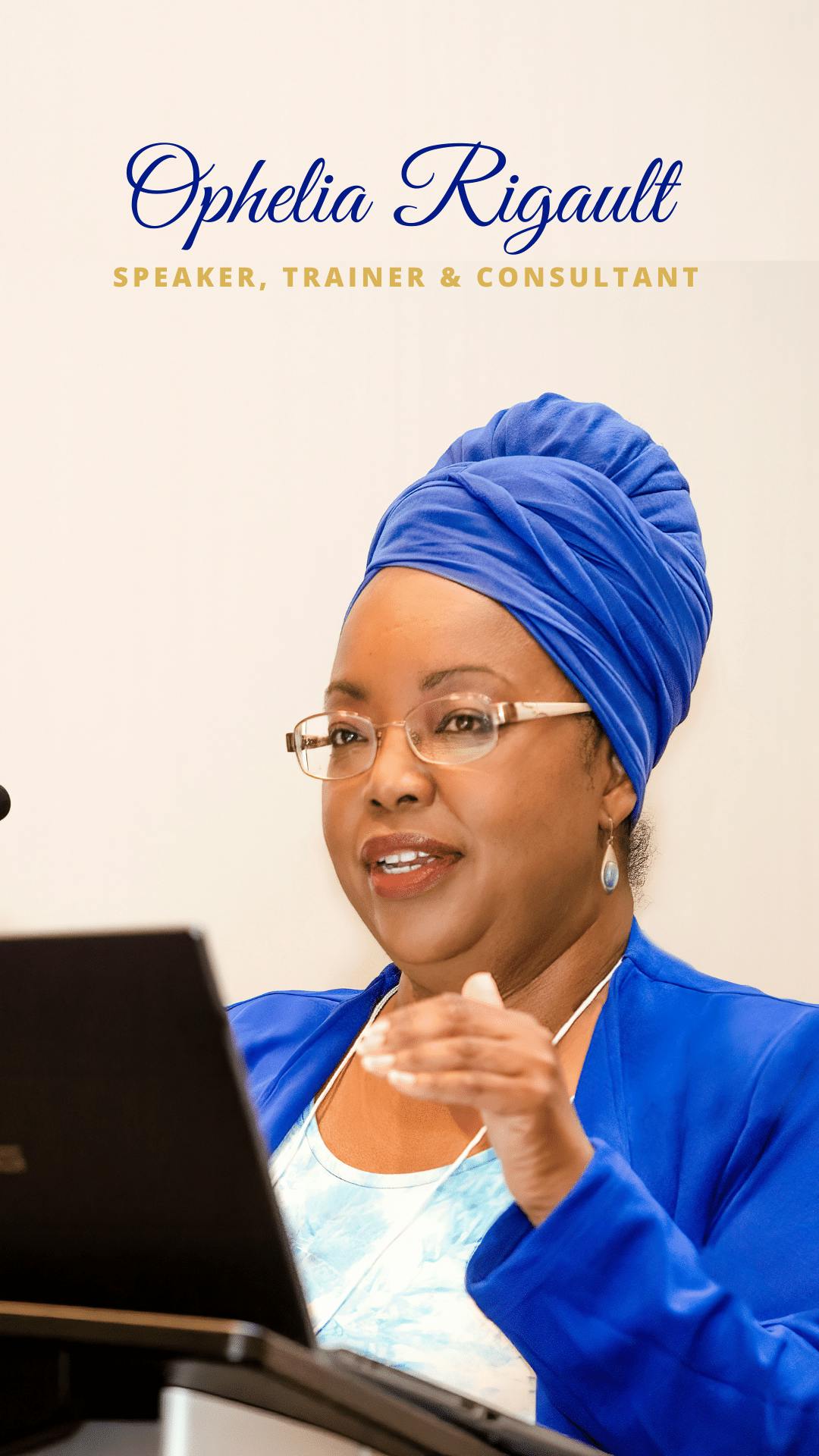NOT SNOW WHITE ENOUGH

A six-year-old black girl had been looking forward to playing Snow White in the school play for weeks. She had been dreaming of the beautiful dress, the magical forest and the prince who would come to save her. But when the white teacher told her she couldn’t play Snow White because she wasn’t a white child, the young girl’s dreams were shattered. I was that six-year-old child.
I was so excited to play Snow White in my school’s play and thought I had the role because no one else in the class wanted to do it when the teacher asked us. So, I started practicing my lines and was looking forward to the performance. But when my white teacher told me that I couldn’t play the role because I was not a white child – it devasted me and made me sad. This incident is an example of racism and unconscious bias. It may not have been intentional, but it was still hurtful and damaging.
In my teacher denying me the opportunity to play the role, she was conveying her bias that I was not good enough or worthy enough to be the lead character in a play. This sent me and all the other Brown and Black students a damaging message that they are not equal to their white peers.
Let my story remind you of the importance of recognizing and addressing racism and unconscious bias in our society because it still exists today. For example, in 2022, there was an uproar when Disney cast a Black actress as Ariel.
It is essential to recognize the effects of racism and unconscious bias and to take steps to ensure that everyone is treated fairly and equally. We must strive to create an environment where everyone is respected and given equal opportunities regardless of race.
Learn more by taking an unconscious bias quiz. Take the Quiz
 Ophelia is passionate about working alongside resilient and inclusive leaders to create equitable and inclusive work cultures through her speaking, training, community building and media appearances. Learn more about Ophelia
Ophelia is passionate about working alongside resilient and inclusive leaders to create equitable and inclusive work cultures through her speaking, training, community building and media appearances. Learn more about Ophelia
